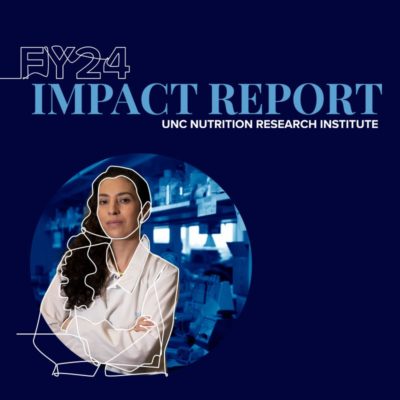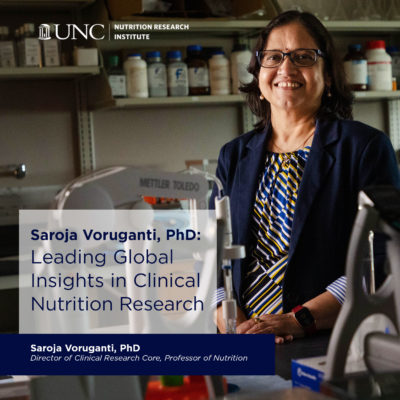Microbiome and Nutrition
The complex community of bacteria, yeasts and viruses living in our intestines, collectively known as the gut microbiome, is shaped, in part, by what we eat. Genetics, environment, and other factors also influence an individual’s microbial community. Research at the NRI investigates these complex relationships and their impact on disease risk. We use animal models and bioinformatics to study the associations between nutritional metabolites, gut microbiome, and health. What happens in the gut doesn’t stay in the gut. Your microbiome can play a role in cardiovascular disease, obesity and diabetes, and even cancer. Our team envisions a future where analysis of your microbiome can determine disease risk, and medical foods can be prescribed to treat and prevent disease by regulating the microbiome.
Publications
Microbiome and Nutrition Publications
2020
Population studies of TMAO and its precursors may help elucidate mechanisms. Meyer K
2019
Association of dietary patterns with the gut microbiota in older, community-dwelling men. Meyer K
2018
Meta-analysis of human genome-microbiome association studies: the MiBioGen consortium initiative. Meyer K
Human microbiota, blood group antigens, and disease. Sumner S
2017
Trimethylamine N-Oxide, the Microbiome, and Heart and Kidney Disease. Zeisel S
2016
Diet and Gut Microbial Function in Metabolic and Cardiovascular Disease Risk. Meyer K
Antibiotic-mediated gut microbiome perturbation accelerates development of type 1 diabetes in mice. Sumner S
Related News
Subscribe via QR Code
Discover the NRI’s Impact: FY24 Report
Shop Smarter, Eat Healthier: Grocery Shopping Tips for Better Nutrition
Grocery shopping is more than just buying food—stores are designed to market products, both healthy and unhealthy, in the hopes you'll fill your cart. To help you shop smarter and make nutritious choices, we’ve put together some practical tips for your next grocery...
Discover the Nutrition-Cancer Connection | Free Webinar
NRI Researchers Secure New NIH R01 Grants for Critical Nutrition Research
Four principal investigators at the UNC Nutrition Research Institute (NRI) have been awarded R01 grants from the National Institutes of Health (NIH). Each grant will fund key research projects designed to advance our understanding of the links between nutrition,...
Saroja Voruganti, PhD: Leading Global Insights in Clinical Nutrition Research
What does it take to lead research that transforms how we understand nutrition? For Saroja Voruganti, PhD, it’s a blend of scientific rigor, innovation, and a commitment to improving global health through personalized nutrition. Pioneering Clinical Nutrition Research...






